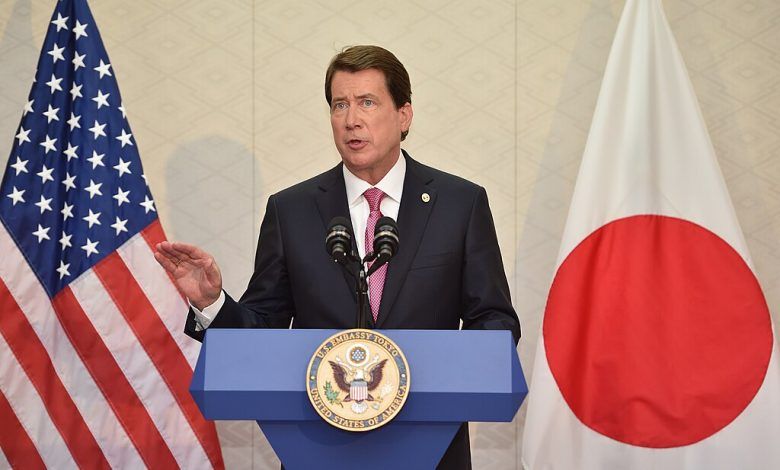U.S. Senate Passes Landmark Bill to Regulate Stablecoins, Paving the Way for Federal Crypto Oversight

In a pivotal move for the cryptocurrency sector, the United States Senate has approved the GENIUS Act, legislation aimed at establishing the country’s first comprehensive federal framework to regulate stablecoins — digital tokens pegged to the US dollar.
The bipartisan bill passed decisively on Tuesday with a 68-30 vote, garnering support from a significant number of Democrats alongside a majority of Republicans.
The legislation now moves to the Republican-controlled House of Representatives, where a counterpart bill awaits approval before heading to President Donald Trump’s desk for signing into law.
Stablecoins, prized for their stable 1:1 dollar peg, have become a critical tool for crypto traders and investors, enabling seamless and instant transfers across various digital assets. Their rapid adoption has attracted growing attention from regulators concerned about financial stability, consumer protection, and illicit finance risks.
If enacted, the GENIUS Act would require stablecoin issuers to back every token with liquid assets such as U.S. dollars or short-term Treasury securities. The bill also mandates monthly public disclosures of reserve compositions to enhance transparency and accountability.
“This marks a watershed moment,” said Andrew Olmem, managing partner at Mayer Brown and former deputy director of the National Economic Council under Trump. “For the first time, stablecoins — a fast-evolving and influential financial instrument — will be subject to clear regulatory guardrails.”
The crypto industry has long advocated for a federal regulatory framework, arguing that clarity would spur broader adoption and innovation while addressing risks. The sector invested over $119 million in last year’s midterm elections to back pro-crypto candidates from both parties, underscoring the bipartisan nature of the push.
While the House passed its own stablecoin legislation last year, the Senate — then controlled by Democrats — did not act on the bill. Now with Republicans in charge and Trump’s administration prioritizing crypto reform, momentum has surged.
Bo Hines, chair of Trump’s Council of Advisers on Digital Assets, has emphasized the White House’s commitment to passing the legislation before August.
However, political tensions persist. Some Democrats criticize Trump’s personal involvement in crypto ventures—including his meme coin $TRUMP and partial ownership in crypto firm World Liberty Financial—arguing these conflicts cast a shadow over the bill’s passage.
Bartlett Naylor of consumer advocacy group Public Citizen condemned lawmakers, stating, “In advancing these bills, lawmakers forfeited their opportunity to confront Trump’s crypto grift — the largest, most flagrant corruption in presidential history.”
The White House counters that Trump’s assets are placed in a trust managed by his children, negating conflict-of-interest concerns.
Democratic Senator Elizabeth Warren has also voiced strong opposition, warning the bill “turbocharges the stablecoin market” while undermining national security, financial stability, and consumer protections.
Warren and other critics argue the legislation falls short on anti-money laundering safeguards and does not sufficiently restrict foreign entities from issuing stablecoins in the U.S.
The bill faces potential revisions in the House, where legislators are scrutinizing its provisions.
The Conference of State Bank Supervisors (CSBS) has called for “critical changes” to the bill to mitigate risks associated with expanding the authority of uninsured banks to engage in money transmission and custody nationwide without state oversight.
“CSBS remains concerned about the unchecked growth of these activities absent proper supervision,” said Brandon Milhorn, CSBS president and CEO, in an official statement.
As the U.S. takes a historic step toward regulating stablecoins, the legislation’s outcome will be closely watched by investors, regulators, and industry stakeholders eager to see how America shapes the future of digital finance.




